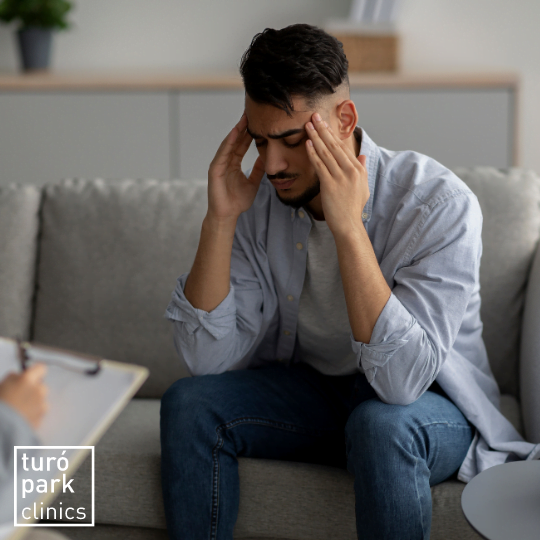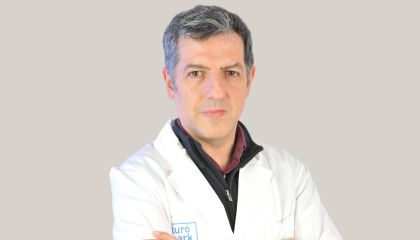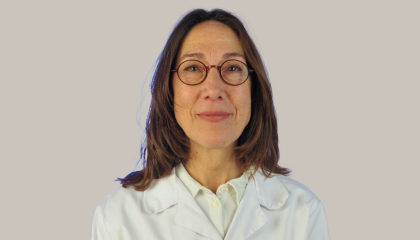Post-traumatic stress disorder (PTSD): have you experienced a traumatic event and feel that you need support to regain your psychological balance?
Post-traumatic stress disorder, or PTSD, can affect anyone, including children, and significantly reduces the quality of life of the person affected.
Fortunately, it is never too late to talk about the traumatic events you have experienced and to do something about the symptoms of post-traumatic stress.
If you are suffering, make an appointment now with one of our therapists or our psychiatrist in Barcelona to find solutions for your situation.
Fast track your treatment
To book an appointment or speak with one of our friendly team, please get in touch using the options below.

What is post-traumatic stress disorder (or PTSD)?
Post-traumatic stress disorder is a type of severe anxiety disorder that occurs after a sudden, tragic and traumatic event: assault, rape, bombing, hostage-taking, sudden death of a loved one, etc.
However, it is important to differentiate PTSD from a "normal" reaction to a trauma. Indeed, when faced with a frightening and unexpected situation, it is normal to feel nervous, to have difficulty sleeping well or to remember the situation. These emotions and behaviours usually fade over time.
Post-traumatic stress disorder, on the other hand, lasts much longer and can seriously disrupt a person's life. It can occur up to six months after the trauma.
What are the symptoms of post-traumatic stress disorder (PTSD)?
Patients suffering from post-traumatic stress disorder usually experience several pervasive symptoms:
- Reliving: the patient relives part of the event (intrusive memories, nightmares, flashbacks, etc)
- Avoidance: the patient avoids people, places and objects that could remind him/her of the traumatic event
- Cognitive problems: problems with memory, concentration, etc.
- Sleep disorders,
- Emotional problems: negative emotions (sadness, fear, horror, guilt, etc.), loss of interest in everyday activities, difficulty in experiencing positive feelings, hypervigilance, irritability, etc.
- Disturbed interpersonal relationships, with an inability to trust or have an intimate relationship with others.
It should also be noted that PTSD is often accompanied by other psychological disorders such as depression, addictions, eating disorders or even suicidal behaviour.
In children, the symptoms of post-traumatic stress are generally different and can manifest themselves either through aches and pains (stomach aches, refusal to eat, nightmares and very disturbed sleep, regression to cleanliness, etc.) or through unusual behaviour.
Who is affected by post-traumatic stress disorder?
While a traumatic event is always the cause of post-traumatic stress disorder, being confronted with a violent event does not necessarily lead to the development of PTSD.
Generally speaking, anyone can be affected by post-traumatic stress. However, there are certain factors that seem to significantly influence the occurrence of PTSD. These factors include the duration of the trauma, the number of other traumatic experiences in a person's life, their reaction to the event and the type of support they received after the event.
Similarly, some individuals are considered to be at risk. This is the case for military personnel, victims of natural disasters, concentration camp survivors and victims of violent crime. Individuals employed in violent occupations (such as soldiers) or emergency situations (such as emergency medical services) are also at risk.
Treatment of post-traumatic stress disorder at Turo Park Medical Clinics
When faced with post-traumatic stress, the patient must be treated because there can be serious consequences, such as depression, substance use and dependence.
The first-line treatment is psychotherapy, which can take different forms:
If psychotherapy does not give sufficient results, a drug treatment can be considered, based on antidepressants, anxiolytics.
The treatment of post-traumatic stress disorder in its simple form usually lasts a few months. The complex form of the disorder has a greater impact on the person's life and recovery takes several years.
Make an appointment now with a specialist to get back to enjoying life.
Mental health is as important as physical health!
Our mental health and wellbeing professionals are here to listen to you and offer you personalised and comprehensive care so that you can regain your balance.

Our mental health specialists


